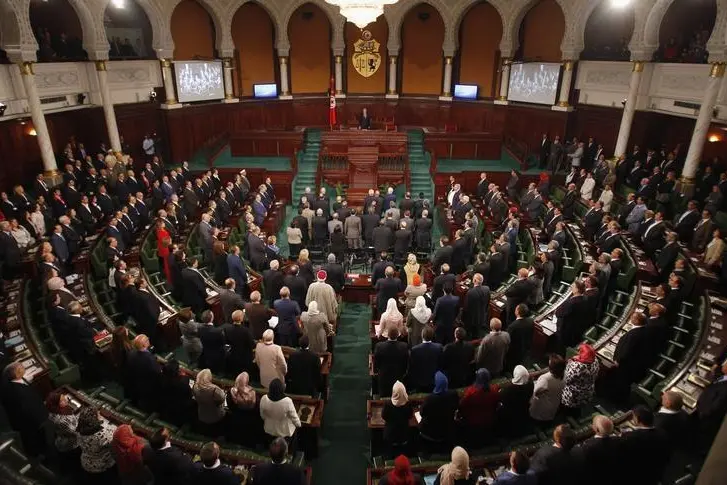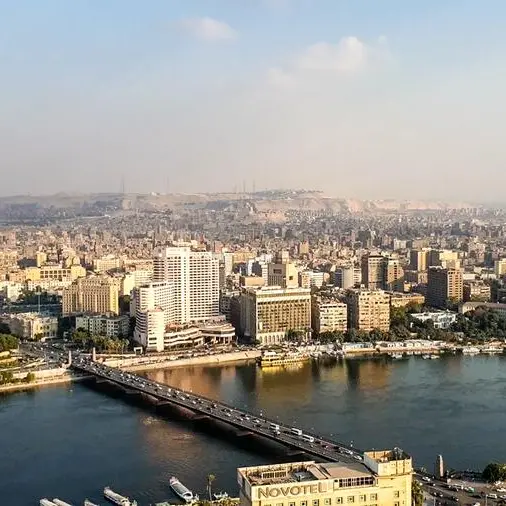PHOTO
Tunisia - The Assembly of People's Representatives (ARP) passed at a plenary session Tuesday the draft law approving the guarantee agreement signed on June 22, 2023 between Tunisia and the International Bank for Reconstruction and Development (IBRD) on a loan granted to the Tunisian Electricity and Gas Company (STEG), by 109 votes in favour, 4 abstentions and 3 votes against.
The loan is a contribution to financing the Tunisia-Italy power interconnector ELMED.
Minister of the Economy and Planning, Feryel Ouerghi, in response to questions from MPs, said the electricity interconnection project between Tunisia and Italy and the development of the renewable energy system would enable the country to benefit from renewable energy projects and attract investors wishing to export their production.
It will also reduce the burden of hydrocarbon subsidies, which amounted to almost 7,650 million dinars in 2020, and create jobs for Tunisian specialists and university graduates.
Ouerghi highlighted the lack of diversification in Tunisia's energy mix, which is dominated by natural gas, which accounts for 97% of electricity consumption.
The minister said this situation poses a threat to the security of electricity production, as the country's natural gas resources can only cover 1/3 of national needs, with the rest being imported from Algeria.
She pointed out that the request for this loan was prompted by STEG's inability to make its contribution, estimated at €582 million, to the financing of the ELMED project, the total cost of which is estimated at €1,014 million.
While stressing that the components of the project had not been modified, the Minister explained that the loan would be used mainly for the construction of the project's power conversion station in Tunisia.
She pointed out that the electricity interconnection between Tunisia and Italy will help to obtain energy in the summer (peak hours) and export surplus energy to Europe in the winter, which will generate profits for STEG.
Ouerghi said Tunisia's primary energy demand has increased by more than 2% per year (between 2010 and 2022), from 8.4 million tonnes of oil equivalent (Mtoe) to 9.7 Mtoe. It noted a decline in primary energy resources of around 7% per year for the period 2010-2022, from 7.8 Mtoe to 4.2 Mtoe.
Regarding Tunisia's energy deficit, she pointed out that it has increased tenfold, reaching 5.5 Mtoe in 2022, compared to 0.6 Mtoe in 2010, which explains why the country is relying on imports to meet its basic energy needs.
© Tap 2022 Provided by SyndiGate Media Inc. (Syndigate.info).





















